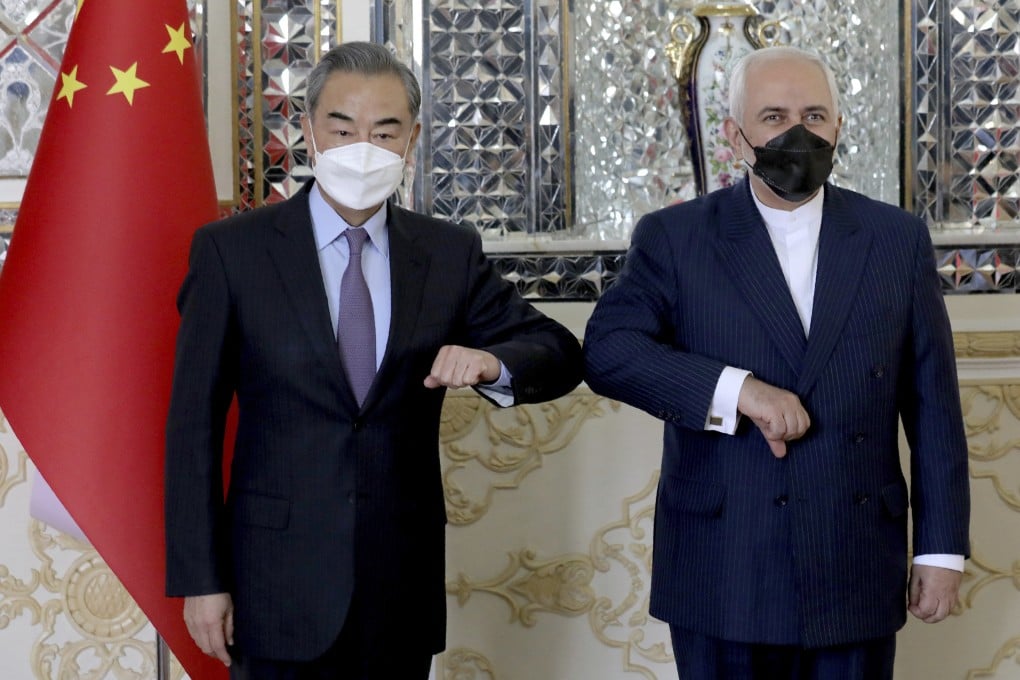Opinion | The Middle East offers US, China some common ground to cooperate on anti-terrorism and security
- The Alaska talks highlighted tensions between Washington and Beijing, but they could collaborate on shared interests in the Middle East: anti-terrorism and security
- China will benefit from a US return to the Iran nuclear deal, while its Belt and Road Initiative and Digital Silk Road can prosper only in a safe environment

Among the stops are Saudi Arabia, Turkey and Iran. While the talks with the US in Alaska seemed an exercise in futility, marked by a fiery exchange of accusations, the Chinese diplomatic tour of the Middle East shows another side of the coin: how Beijing’s and Washington’s overlapping interests in the region could provide solid ground for cooperation.
The meeting between Saudi Arabian Crown Prince Mohammed bin Salman and Chinese State Councillor and Foreign Minister Wang Yi took place at the site of the planned city of Neom. With a price tag of US$500 billion, the futuristic city is a cornerstone of the Kingdom’s Vision 2030 economic diversification push. When completed, the mega-project aims to blend cutting-edge technology, big data and Artificial Intelligence to create a so-called “cognitive city”. China is set to benefit from the opportunities Neom presents, in much the same way it has already done in neighbouring Dubai’s push to build a smart city, but on a much larger scale.
China has also forged comprehensive strategic partnerships with Saudi Arabia, the United Arab Emirates, Iran, Egypt and Algeria. Its energy security is deeply linked to Middle Eastern hydrocarbons, but this is not the only reason behind Beijing’s push towards closer involvement with the region. President Xi Jinping’s flagship foreign policy initiative, the Belt and Road Initiative, coupled with the Digital Silk Road, is expanding in the Middle East and North Africa (MENA). Beijing also benefits from the Biden administration’s steps to give the Saudi Crown Prince the cold shoulder, as it drives him closer to China’s orbit.
But becoming the region’s economic and technological juggernaut is not going to shield Beijing from getting entangled in the Middle East’s many conflicts.
